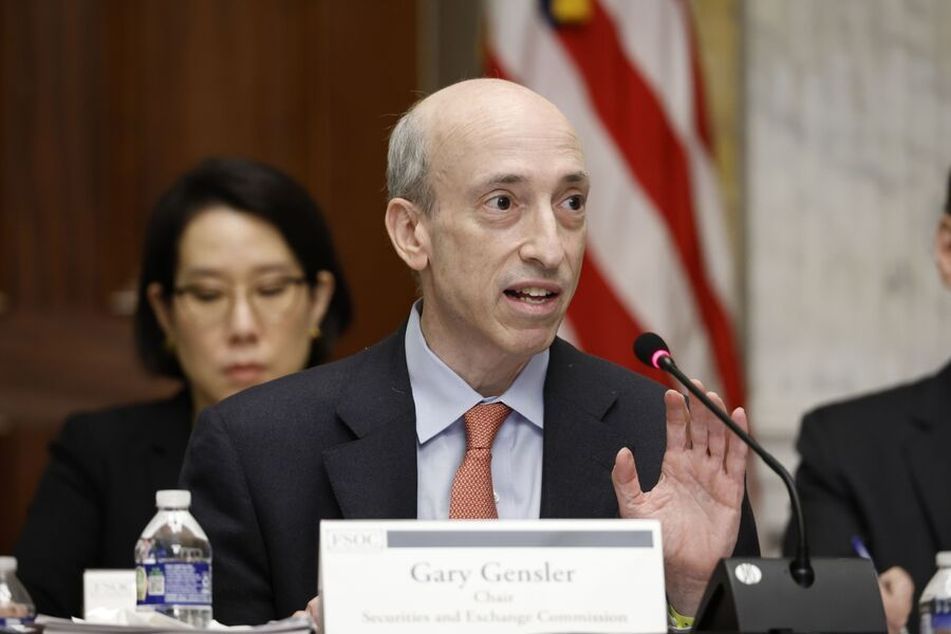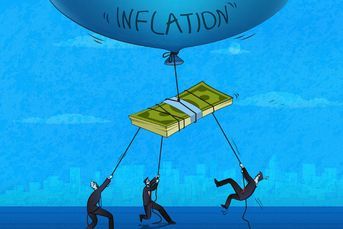SEC proposes new conflicts-of-interest rule aimed at certain securitizations

SEC Chair Gary Gensler called the measure an 'unfinished step in Congress’s vision for financial reform' following the 2008 financial crisis.
Wall Street firms that help issue asset-backed securities wouldn’t be able to bet against those products under a plan from the Securities and Exchange Commission.
The SEC’s five commissioners on Wednesday voted unanimously to propose new conflicts-of-interest regulations for investment banks
Learn more about reprints and licensing for this article.








